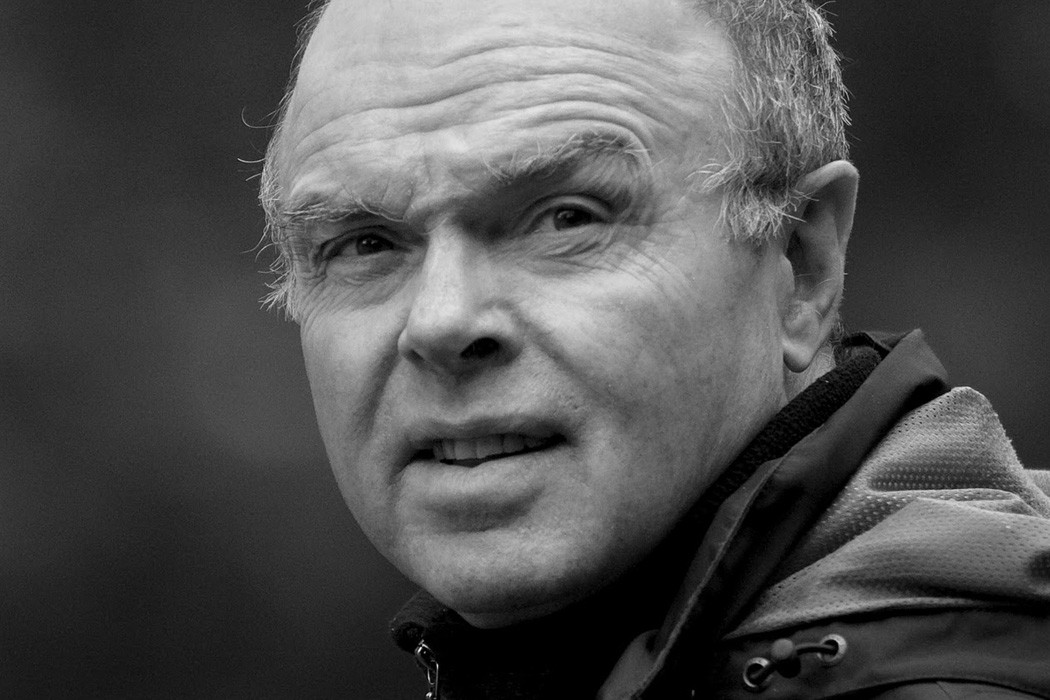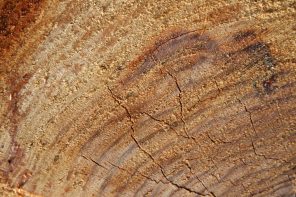Review: Living In The World As If It Were Home. Tim Lilburn. Cormorant Books, 1999.
Most serious thought in our time struggles with the feeling of homelessness. The felt unreliability of human experience brought about by the inhuman acceleration of historical change has led every sensitive modern mind to the recording of some kind of nausea, of intellectual vertigo…
Susan Sontag, Against Interpretation
It seems a daunting task to undertake a review of Canadian poet Tim Lilburn’s essay collection Living In The World As If It Were Home. A former Jesuit, Lilburn is steeped in the “negative theology” of the ancient Christian contemplative tradition. His writing is thick with old words for old ideas, not from a willful obscurity, but because he is wrestling with questions that have been almost entirely ignored in the modern world and so cannot be adequately understood in modern terms. Fortunately he includes a glossary to help orient his readers. Some examples:
- Apokatastasis: “the achievement of an accord–amounting to an identity–among all things.”
- Apophasis: “it is address, in negative theology, appropriate to what is beyond what the tongue can manage, an asserting of names, a removing of names. It may have the rhythm of praise.”
- Haecceitas: “’This-ness’: for John Duns Scotus, it was what made for the individuality of a thing, its singularity–a property such that exactly one individual could have it.”
Lilburn’s influences are likewise ancient, barely-remembered names on the fringes of western intellectual history: pseudo-Dionysius the Areopagite, Gregory of Nazianzen, John Scotus Eriugena, Origen Adamantius; the anonymous author of The Cloud of Unknowing. He demands a certain effort from his readers to follow the irregular contours of his thinking, yet his purpose is profoundly simple. The six essays in this collection were written over a period of nine years and his theme is summed up in the title of the first essay: “How To Be Here?”
He writes in the preface:
Origen speaks of apokatastasis, the restoration of all things; I want to go back to the old world of the first place. The project to convert what is into product heaves forward almost everywhere; almost everything seems caught in the beam of this attention. While this goes on, I’ll go down to the river; I’ll look. These essays consider what work might have to be done in order to live in the world as if it were home. My hunch is that the way to this is by the lunge of eros and by looking.
Lilburn puts the theory of his tradition into practice in the sparse landscapes of his native Saskatchewan, “useless land” as he describes it, and each essay is informed by his experience in a specific region: the Moosewood Sandhills, Batchawana Bay, the Quill Lakes.
The term “negative theology” refers to an attitude of mind that seeks to avoid the common pitfalls of the western intellectual tradition. It recognizes that our rational efforts to understand our experience of the world and give it shape in language inevitably reduce it to something over which we can exert control. Negative theology asserts that the truest form of knowing the divine is the acknowledgement that any claim of knowledge is ultimately a reduction of the truth. In his encounters with the natural world, Lilburn has no interest in reducing what he sees to allegorical signs, pointing towards a tidy moral that can be neatly packaged and mass-produced for the edification of his readers. Neither is he trying to push through an encounter with a specific deer to grasp some platonic understanding of ideal “deerness.” Even less is he cruising for the romantic highs of an encounter with sublime, capital-N Nature. He is not mining for poetic material, sifting glittering metaphors from the wild as prospectors sift gold flakes from creek silt, although poetry is a by-product of his looking. He is simply looking, taking the measure of the distance between ourselves and the world. He is looking out of a desire, an eros, to understand, but with a sorrowful awareness, a penthos, that it is ultimately futile.
Of an encounter with a deer, Lilburn writes:
Consciousness walks across the land bridge of the deer’s stare into the world of things. This is knowing. It tastes of sorrow and towering appetite. Their look seems a bestowal; I feel more substantial, less apologetic as a physical thing from having been seen… When consciousness crosses the divide into the wilderness of what is there, it expects to find a point of noetic privilege: at last a clear view into the heart of things. But what it does find on the other side is further peculiarity, a new version of distance.
The language for this eros, this desire to know the world and be at home in it, is poetry. “Poetry is consciousness dreaming of domicile at the core of the foreign world, the mind deeply homesick and scheming return, the tongue contorting itself toward uttering what such a return might be like” while simultaneously acknowledging that the project is ultimately beyond the power of language. “Poetry is the rearing in language of a desire whose end lies beyond language.” He writes:
The physical world can not be known in the way poetry aspires to know it, intimately, ecstatically, in a way that heals the ache of one’s separation from the world, it seems to me, outside of the sundering of knowledge which contemplation is. And contemplation’s knowing is not a knowing at all, offers nothing clear and distinct, nothing sure, universal. The contemplative does not retreat from the world with a knowledge enriched with names for things, a mental map of efficient causalities. Yet in contemplation one loves the world and wants to be in the world in love without skewing it… Language asserts and cancels itself, names the world then erases the name, and in this restlessness one glimpses the aptness of confusion before the ungraspable diversity of here. Silence.
This repeated theme of the unknowability of each place Lilburn visits accumulates like geological layers to form the landscape of these essays. Impoverishment, embarrassment, estrangement, these are the gifts that contemplation has to offer. There is no place here for consumerized green-washing that consoles us with the illusion that we can shop our way to a better world. Living in the world as if it were home, he says, is difficult work at which you will fail. Your failure will cause you sorrow, but not despair. The outcome of contemplation, the embrace of its sorrow, is ultimately an ascetic approach to looking that has nothing to do with puritanical self-denial, but is rather an opening of oneself to the world in humility that cultivates “the noetic stance of courtesy towards being.” Lilburn writes,
It requires a cognitive humility, a deference to the significance of being, a mortification of the intellect’s will to power. You cannot truly see this stone if you believe the world is yours to do with as you will. Interiorly speaking, you must lay no violent hands upon it. Eros must be freed from the belittling impulse to convert the world into something useful or consoling and be brought to expend itself in its true delight: the contemplative look.
This courtesy towards the world that evokes a sense of wonder, this refusal to look down on it from a position of anthropological privilege, this letting-go of the desire to contain and control in order that we may freely love: these are the first steps towards learning how to be here. It is the first glimmer of “a relationship that nourishes, makes life possible.”
As a farmer I am in the business of turning landscape into product. I make decisions about the land in my care all the time. This fence will go here, we’ll let the neighbour plow that field this year, that bit of scrub is for the bee hives, my Dad can have his garden over there. The illusion of control is seductive, and Lilburn reminds me of the privilege of my stewardship. The utter incomprehensibility of almost everything that happens around me is humbling, and I am reminded of the need for courtesy in my work. Of my need for silence. Of my need to learn to be home here.




